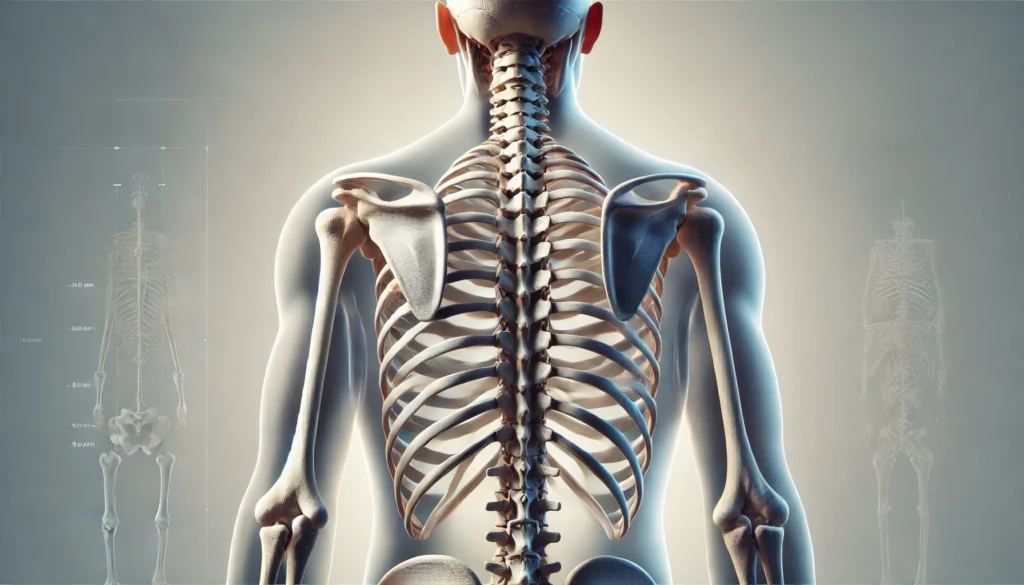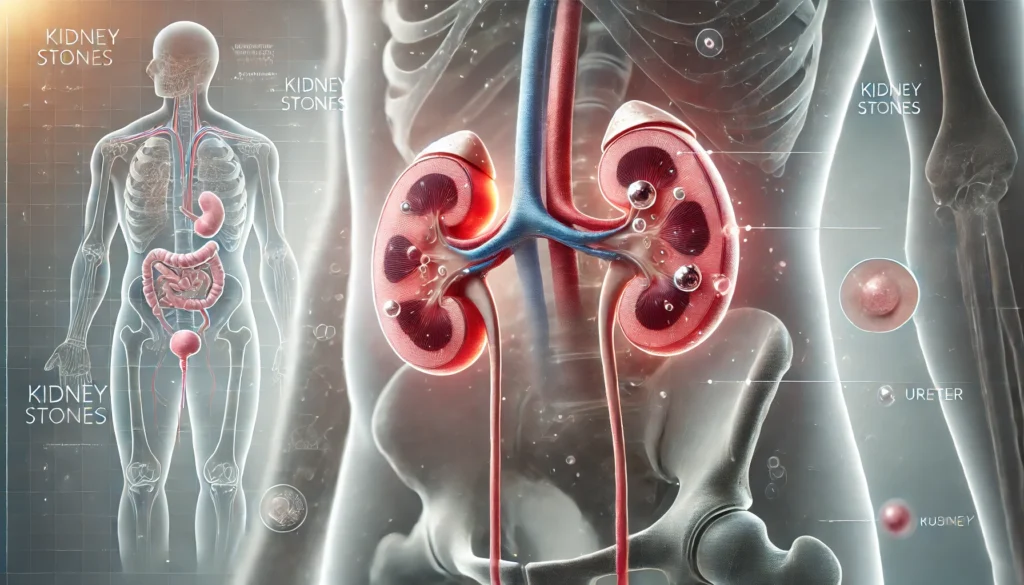Vitamin D is a fat-soluble vitamin which is also known as the “sunshine vitamin,” because the body can naturally produce vitamin D when it receives sufficient sunlight. Vitamin D is essential for many physiological processes in the body. Recent studies have shown that it has the potential to enhance sleep quality, cognitive function, and creativity, in addition to its generally acknowledged critical contributions to bone health. In addition to exploring the nature and chemistry of vitamin D, this article also explores its physiological mechanisms of action, analyzes the ideal dosage, potential interactions, and adverse effects, and offers best practices for vitamin D supplementation.
You May Also Like:
Vitamin D: Benefits, Dosage, Side Effects, Drug Interactions, And Other Important Information
Vitamin D: Benefits, Dosage, Side Effects, Drug Interactions, and Other Important Information is an original (MedNewsPedia) article.
Nature of Vitamin D
Vitamin D is crucial for preserving calcium and phosphorus balance and fostering bone health. Vitamin D comes in two different forms: vitamin D2 (ergocalciferol), which is received from plant sources, and vitamin D3 (cholecalciferol), which is either produced in the skin after exposure to ultraviolet B (UVB) radiation from sunshine or is consumed through animal-based food sources. For several physiological activities, including immunological function, cellular proliferation, and neuromuscular function, the body needs optimal quantities of vitamin D.
Health Benefits of Vitamin D
1. Sleep: Vitamin D has been shown to affect the quality of sleep through regulating immunological response, gene expression, and calcium homeostasis. Poor sleep quality, decreased sleep duration, and sleep problems have all been linked to low vitamin D levels.
2. Concentration and Cognitive Function: Sufficient vitamin D levels can support synaptic plasticity, neurotransmitter production, and neuronal health. These can help to promote optimal cognitive performance. Reduced executive function, dementia, and cognitive deterioration have all been linked to vitamin D insufficiency.
3. Creativity: Although there is little direct evidence that vitamin D influences creativity, its effects on mood, cognition, and general brain health may help to create an atmosphere that encourages innovative thinking and problem-solving.
Chemistry of Vitamin D
Vitamin D’s chemistry is based on the fact that it is a secosteroid. The chemical structure of secosteroid resembles steroids but it has an open ring structure instead of a closed ring. Both vitamin D2 and vitamin D3 are biologically inert substances that need to go through a two-step hydroxylation process in the liver and kidneys to be transformed into their active metabolite, calcitriol (1,25-dihydroxyvitamin D).
Vitamin D2 and D3 are converted in the liver to 25-hydroxyvitamin D [25(OH)D], sometimes referred to as calcifediol, through hydroxylation at the 25th carbon position. The main form of vitamin D that circulates, its blood levels are frequently assessed to establish a person’s vitamin D status. The kidneys’ 1-hydroxylase enzyme then changes 25(OH)D into calcitriol. Calcitriol is the physiologically active form of vitamin D. Calcitriol is a hormone that the body uses to control immunological response, bone mineralization, and calcium and phosphorus metabolism.
Physiological Mechanisms of Action of Vitamin D
There are many ways in which vitamin D can affect the body and these processes are linked to many physiological modes of action. The following is a list of mechanisms of actions of vitamin D in the body:
1. Regulation of Gene Expression: Calcitriol binds to the vitamin D receptor (VDR) in the cell nucleus. The VDR then interacts with the target genes’ vitamin D-responsive elements (VDREs), modifying the expression of the genes. This process may have an effect on neuronal activity, synaptic plasticity, and neurotransmitter production, which in turn may affect sleep, concentration, and creativity.
2. Regulation of Immune Function: Vitamin D can affect the immunological response by controlling the generation of pro-inflammatory cytokines and encouraging the development of regulatory T cells. Persistent inflammation has been linked to several neurological conditions, poor sleep, and cognitive deterioration.
3. Calcium Homeostasis: Vitamin D is crucial for preserving calcium homeostasis, which is necessary for synaptic plasticity, neurotransmitter release, and proper functioning of neurons. Sleep habits and cognitive function may be significantly impacted by the calcium balance in the body.

Optimal Dosage of Vitamin D
The right amount of vitamin D to take depends on several variables, including age, ethnicity, geography, and personal response. The Recommended Dietary Amount (RDA) for adults is between 600 and 800 International Units (IU) per day. However, some experts advise greater doses for people who have had little exposure to the sun or have any vitamin D deficiency. Before beginning a vitamin D supplementation program, it is imperative to speak with a healthcare practitioner because every person’s requirements are different. Blood tests can be used to monitor vitamin D levels and verify that the ideal dosage is taken without going above permissible limits.
Side Effects and Precautions for Vitamin D Supplementation
At prescribed dosages, vitamin D is generally well tolerated with minimal negative effects observed. Vitamin D toxicity, however, can result from a high intake and can result in hypercalcemia, kidney stones, nausea, vomiting, weakness, and even kidney failure. Particularly for people with a history of renal disease or other underlying health concerns, it is imperative to follow suggested dosages and speak with a healthcare provider before beginning supplementation.
Potential Substance Interactions with Vitamin D
Anticonvulsants, glucocorticoids, and drugs altering the absorption of fat-soluble vitamins, such as orlistat and cholestyramine, may all interact with vitamin D. When beginning vitamin D supplementation, it is essential to address potential interactions with a healthcare provider, especially if are on any prescriptions.
Best Responsible Use of Vitamin D
Choosing a high-quality, bioavailable supplement is essential for anyone hoping to benefit from vitamin D. For instance, there is a product provided by Brain Luxury that is known as Gamma Brain Luxury. The supplement contains a synergistic combination of vitamin D and other complementing substances, with the goal of maximizing efficacy and bioavailability. The highly bioavailable formulation guarantees excellent vitamin D absorption and use, enabling users to enjoy all of its advantages.
Vitamin D: Conclusion
Vitamin D is essential for many physiological processes in the body. It comes in the form of vitamin D2 from plants and vitamin D3 from sunlight exposure or animals. It has been found to improve sleep, cognitive function, and creativity. Vitamin D is converted in the body into its active form, calcitriol, which regulates gene expression, immune function, and calcium homeostasis. Optimal dosage varies by individual, but adults need 600-800 IU per day, with higher doses for those lacking sunlight exposure or with deficiencies. Blood tests can be done to avoid vitamin D toxicity, particularly for individuals with a history of renal disease.

References:
- Kang, J. H., Vyas, C. M., Okereke, O. I., Ogata, S., Albert, M., Lee, I., D’Agostino, D., Buring, J. E., Cook, N. R., Grodstein, F., & Manson, J. E. (2021). Effect of vitamin D on cognitive decline: results from two ancillary studies of the VITAL randomized trial. Retrieved from: Scientific Reports, 11(1).
- Kang, J. H., Vyas, C. M., Okereke, O. I., Ogata, S., Albert, M., Lee, I., D’Agostino, D., Buring, J. E., Cook, N. R., Grodstein, F., & Manson, J. E. (2021b). Effect of vitamin D on cognitive decline: results from two ancillary studies of the VITAL randomized trial. Retrieved from: Scientific Reports, 11(1).
- Beauchet, O., Cooper-Brown, L. A., & Allali, G. (2021). Vitamin D supplementation and cognition in Adults: A Systematic review of randomized Controlled trials. Retrieved from: CNS Drugs, 35(12), 1249–1264.
Important Note: The information contained in this article is for general informational purposes only, and should not be construed as health or medical advice, nor is it intended to diagnose, prevent, treat, or cure any disease or health condition. Before embarking on any diet, fitness regimen, or program of nutritional supplementation, it is advisable to consult your healthcare professional in order to determine its safety and probable efficacy in terms of your individual state of health.
Regarding Nutritional Supplements Or Other Non-Prescription Health Products: If any nutritional supplements or other non-prescription health products are mentioned in the foregoing article, any claims or statements made about them have not been evaluated by the U.S. Food and Drug Administration, and such nutritional supplements or other health products are not intended to diagnose, treat, cure, or prevent any disease.


